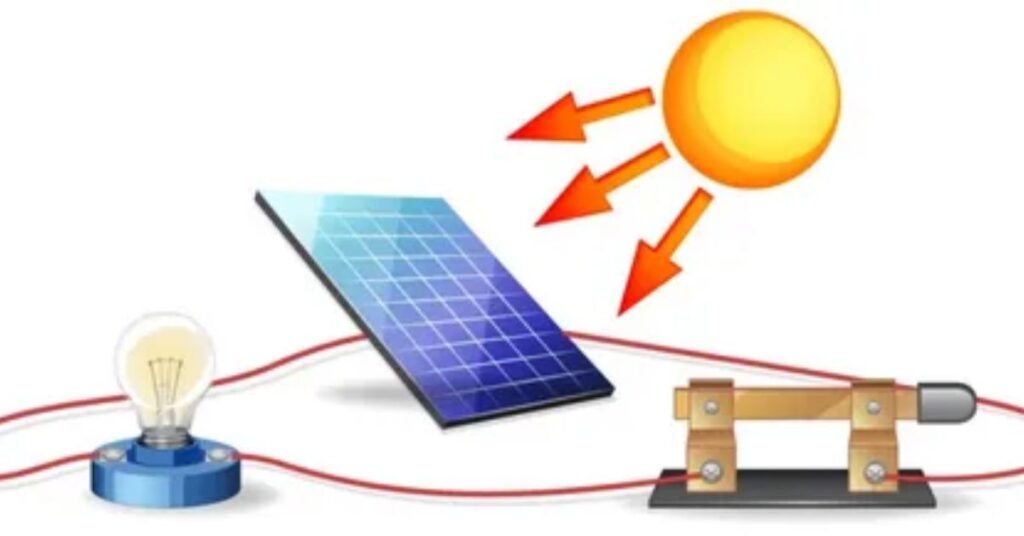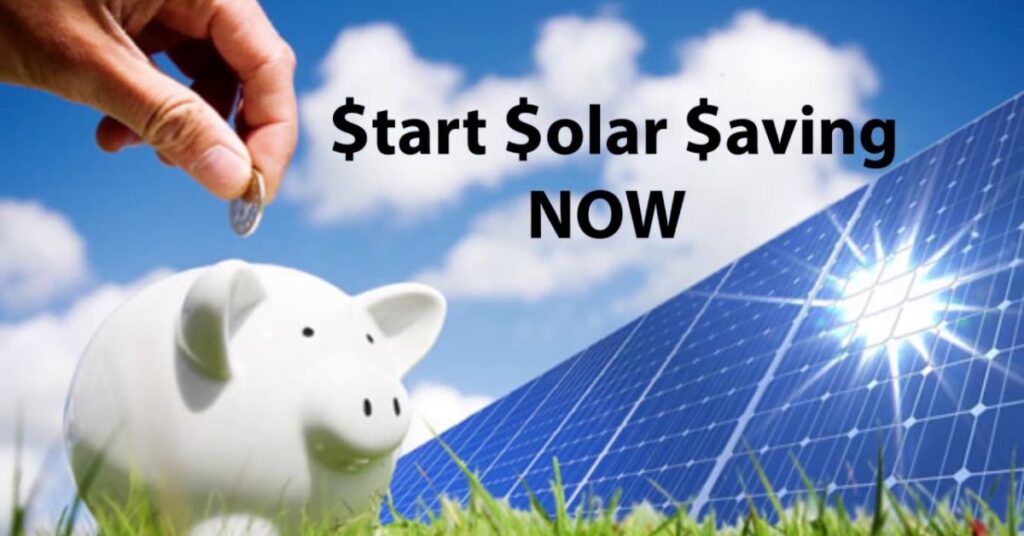Solar energy is the power we get from the sun. It’s a clean and renewable energy source that uses sunlight to produce electricity or heat. With the help of solar panels, we can turn this natural resource into energy for homes, businesses, and more.
Imagine powering your home with energy that never runs out and helps save the planet. Solar energy isn’t just about saving money; it’s about building a sustainable future. Could switching to solar be the best choice you ever make?
Solar energy is not only eco-friendly but also cost-effective in the long run. By installing solar panels, you can reduce your electricity bills and even earn credits for surplus energy. Plus, governments often offer incentives to make the switch easier.
What Is Solar Energy and How Does It Work?
Solar energy is power we get from the sun. It is clean, safe, and does not harm the environment. This energy is endless because the sun shines every day. Solar panels capture sunlight and turn it into electricity. People use this energy to power homes, schools, and businesses.
Solar panels have special cells that absorb sunlight. These cells change sunlight into electrical energy. The energy then flows through wires to power lights, fans, and other devices. Solar energy systems also store extra power for cloudy days or nighttime. Using
Solar energy can lower electricity bills and protect the planet. It is a smart way to use natural resources.
Top Benefits of Switching to Solar Energy
Switching to solar energy has many benefits. It helps reduce electricity bills by using sunlight to produce energy. Solar panels are easy to install and require little maintenance. They work well in sunny areas and can provide power for homes and businesses. Solar energy is clean and renewable, which makes it good for the environment.
Using solar energy also reduces pollution and helps fight climate change. It lowers the need for fossil fuels, which harm the planet. Some governments offer money back or tax benefits to those who use solar panels. Over time, solar energy saves money and helps create a greener future. It is a smart choice for a sustainable and eco-friendly lifestyle.
How Solar Panels Convert Sunlight into Electricity

Solar panels turn sunlight into electricity using a simple process. They are made of small parts called solar cells. These cells are usually made of silicon, a special material that absorbs sunlight. When sunlight hits the cells, it creates energy in the form of electric charges. Wires inside the panel collect this energy and turn it into electricity.
The electricity from the panels is called direct current (DC). Most homes use alternating current (AC) instead. A device called an inverter changes DC into AC, so you can power lights, fans, and other devices. Solar panels are a clean and efficient way to make electricity from the sun. They help reduce pollution and save energy costs.
Is Solar Energy Worth It? Pros and Cons You Should Know
Solar energy is a smart way to produce electricity. It uses sunlight, which is free and unlimited. Installing solar panels can lower your energy bills. It also helps reduce pollution and protects the environment. Many governments give tax benefits and incentives to people who use solar energy. This makes it more affordable for families and businesses.
However, solar energy has some challenges. Solar panels can be expensive to install. They also depend on sunlight, so cloudy days may reduce energy production. Maintenance is usually low, but occasional cleaning is needed. Despite these issues, solar energy is a reliable and eco-friendly choice. It can save money and help the planet in the long run.
The Future of Solar Energy: Trends and Innovations
Solar energy is growing fast and changing the way we use power. New technologies are making solar panels better and more affordable. Thin-film solar panels are lightweight and flexible, making them easy to use in many places. Solar batteries are also improving, allowing people to store energy for later use. These changes are helping more people switch to clean energy.
The future of solar energy looks bright. Floating solar farms are being built on lakes and seas to save space. Smart solar systems now use AI to improve energy production. Governments around the world are supporting solar energy with new policies and funding. This progress is leading to a cleaner and more sustainable future.
You May Also read this blog: Overpopulation: Understanding Causes, Consequences, and Solutions
How to Choose the Right Solar Energy System for Your Needs
When choosing the right solar energy system, you first need to know how much energy you use. Look at your monthly electricity bills to get an idea. This helps you figure out how much power you need from solar panels. Next, think about the space where you will install the panels. Make sure the area gets enough sunlight throughout the day.
You also need to consider your budget. Solar energy systems can be expensive at first, but they save money over time. Check for government rebates or incentives that can help lower the cost. Finally, pick a trusted solar provider who can guide you through the installation process and maintenance.
FAQ`s
What is solar energy?
Solar energy is power generated from the sun’s light and heat. It can be converted into electricity using solar panels or used to heat water.
How do solar panels work?
Solar panels capture sunlight and convert it into electricity using photovoltaic cells. This electricity can be used in your home or business.
Is solar energy expensive?
The initial cost of solar panels can be high, but they save money on electricity bills in the long run. There are also government incentives to help lower the cost.
How long do solar panels last?
Solar panels typically last between 25 to 30 years. They require little maintenance and can continue generating energy for many years.
Can I use solar energy on cloudy days?
Yes, solar panels can still generate electricity on cloudy days, although they produce less energy compared to sunny days.
Conclusion
Solar energy is a powerful and sustainable solution for reducing energy costs and protecting the environment. By harnessing the sun’s natural power, you can lower your electricity bills and help create a greener future. With advances in technology, solar panels are more efficient and affordable than ever before.
When choosing a solar energy system, it’s important to consider your energy needs, available space, and budget. With the right research and support, installing solar panels can be a wise long-term investment. Embracing solar energy not only benefits you but also contributes to a cleaner, more sustainable planet for future generations.







